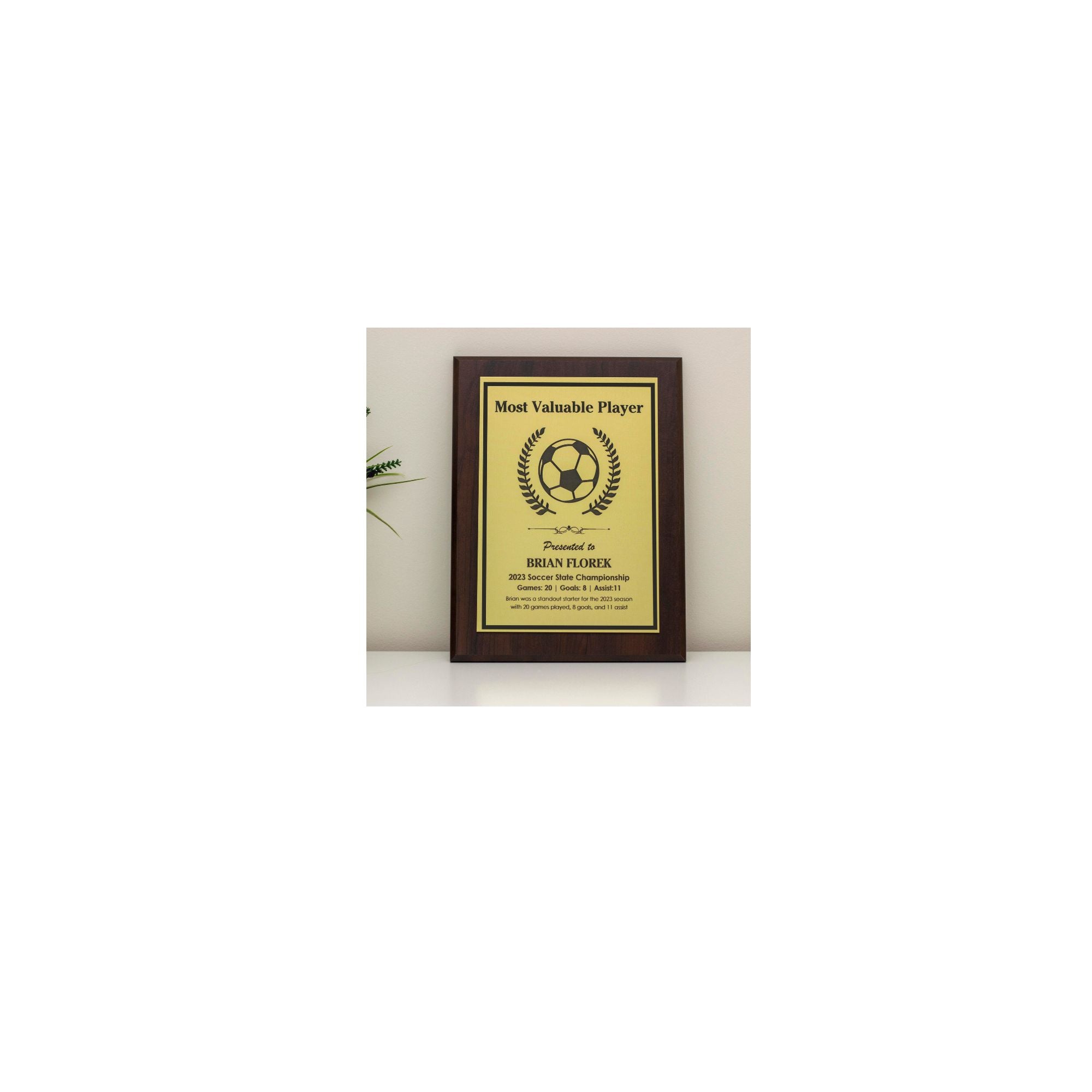Summer Training For High School Athletes.
Are you a high school athlete seeking offseason training advice? Do not be misled by the term "offseason" into thinking that it is a time for relaxation. Offseason training plays a vital role in maintaining fitness, enhancing performance, and preventing injuries. This blog post will explore how to make offseason training enjoyable and minimize mental stress, ensuring that you remain motivated and derive satisfaction from the process.
Why is Offseason Training Significant? During the offseason, athletes often take a break from organized team activities and competitions. However, this does not imply that they should cease training entirely. Offseason training presents an opportunity to address weaknesses, build strength, enhance skills, and improve overall fitness. It helps athletes maintain their competitive edge and prepare for the upcoming season.
Keeping Offseason Training Engaging and Fun
-
Embrace Variety Engaging in the same training routine day after day can become tedious and mentally exhausting. To keep things interesting, incorporate a wide range of exercises and training methods. Try different sports, cross-training activities, and outdoor adventures to infuse excitement into your routine.
-
Set Realistic Objectives Establishing goals gives you something to strive for and keeps you motivated. However, it is important to set realistic and attainable goals. Break down your long-term objectives into smaller milestones, allowing you to track progress and celebrate achievements along the way. This approach helps maintain a positive mindset and reduces mental stress.
-
Train with Peers Training with teammates or fellow athletes creates a supportive and competitive environment. It not only adds a social element but also provides opportunities for friendly challenges and teamwork. Engaging in group workouts or participating in team-building activities fosters camaraderie and makes training sessions enjoyable.
-
Explore Novel Training Methods Do not hesitate to step out of your comfort zone and try new training methods. Incorporating activities such as yoga, Pilates, or martial arts can enhance your physical and mental well-being. These alternative training methods can help alleviate mental stress, improve flexibility, and promote overall athleticism.
Frequently Asked Questions (FAQs)
Q: Can offseason training help prevent injuries? A: Absolutely, offseason training plays a crucial role in injury prevention. By focusing on strength and conditioning, athletes can improve their overall fitness, thereby reducing the risk of injuries during the season.
Q: How frequently should I train during the offseason? A: The frequency of training sessions during the offseason may vary depending on the sport and individual goals. However, it is generally recommended to engage in structured training at least three to four days a week, allowing for sufficient recovery time.
Q: Should offseason training be as intense as in-season training? A: While offseason training should be challenging, it does not necessarily have to match the intensity of in-season training. It is important to strike a balance between physical exertion and recovery to avoid burnout and overtraining.
Offseason training for high school athletes does not have to be mentally stressful and monotonous. By incorporating variety, setting realistic goals, training with peers, and exploring new methods, you can make the most of your offseason training experience. Remember to stay motivated and enjoy the process.








